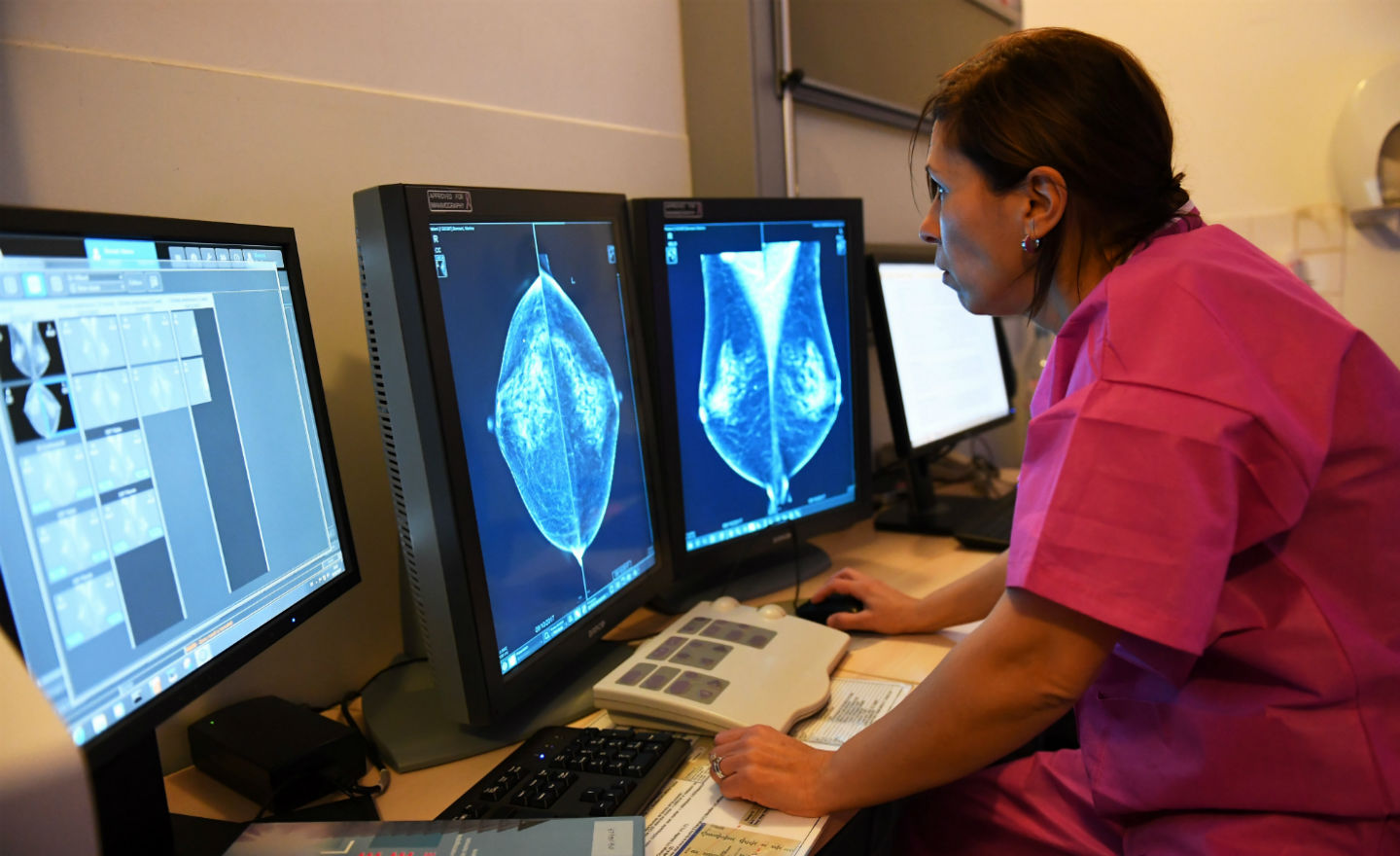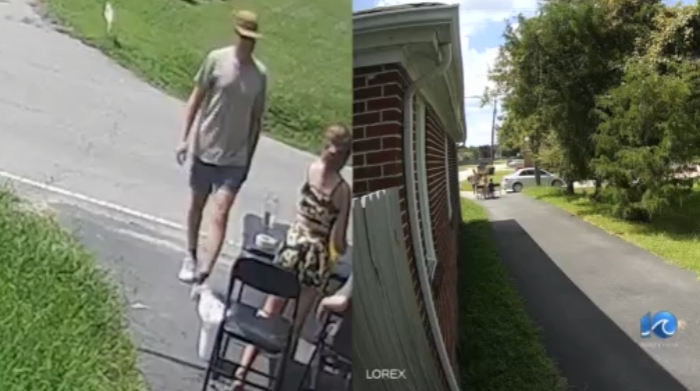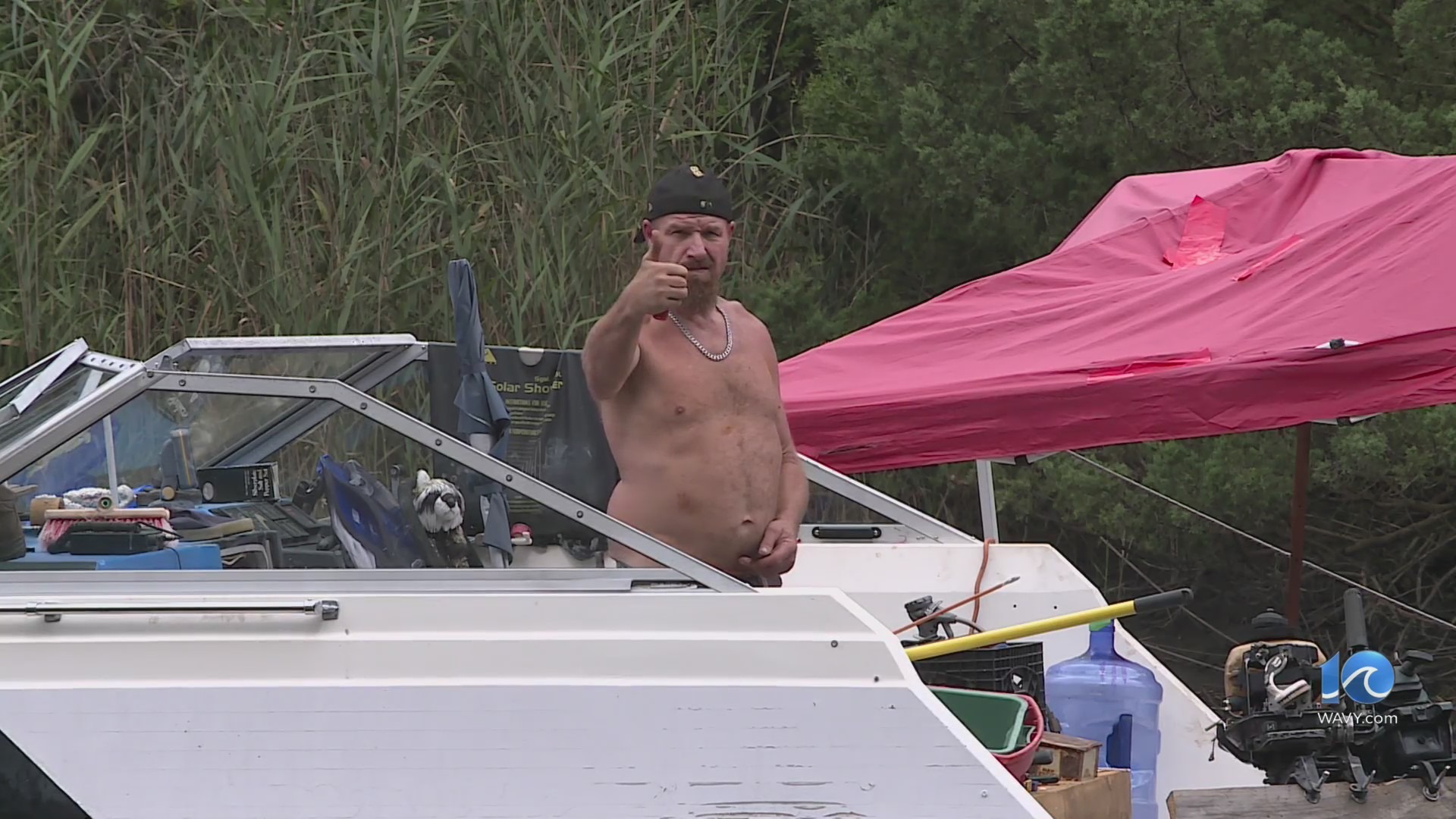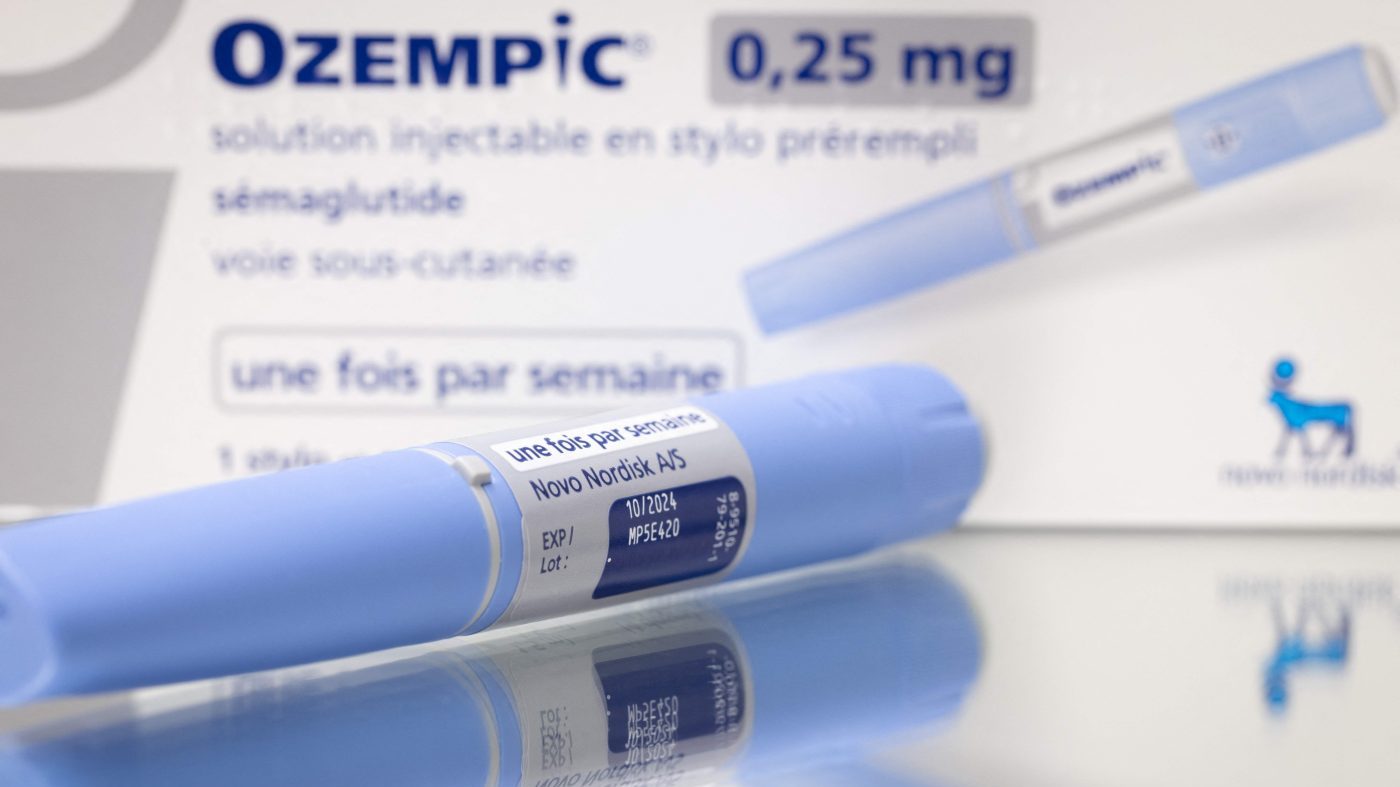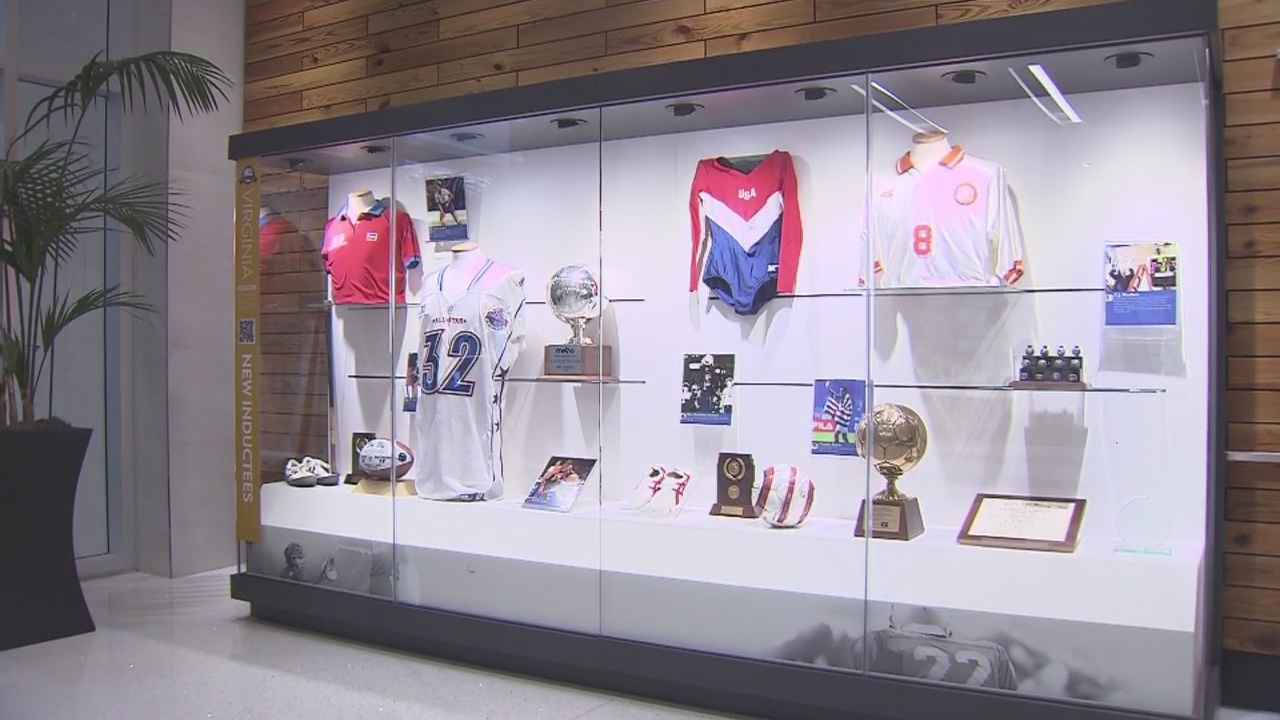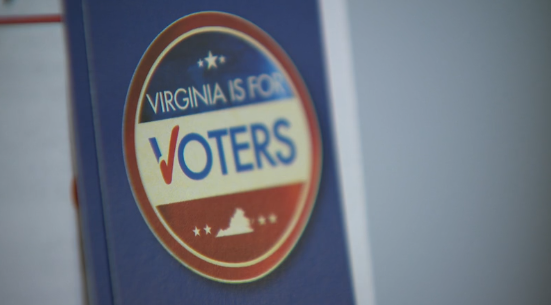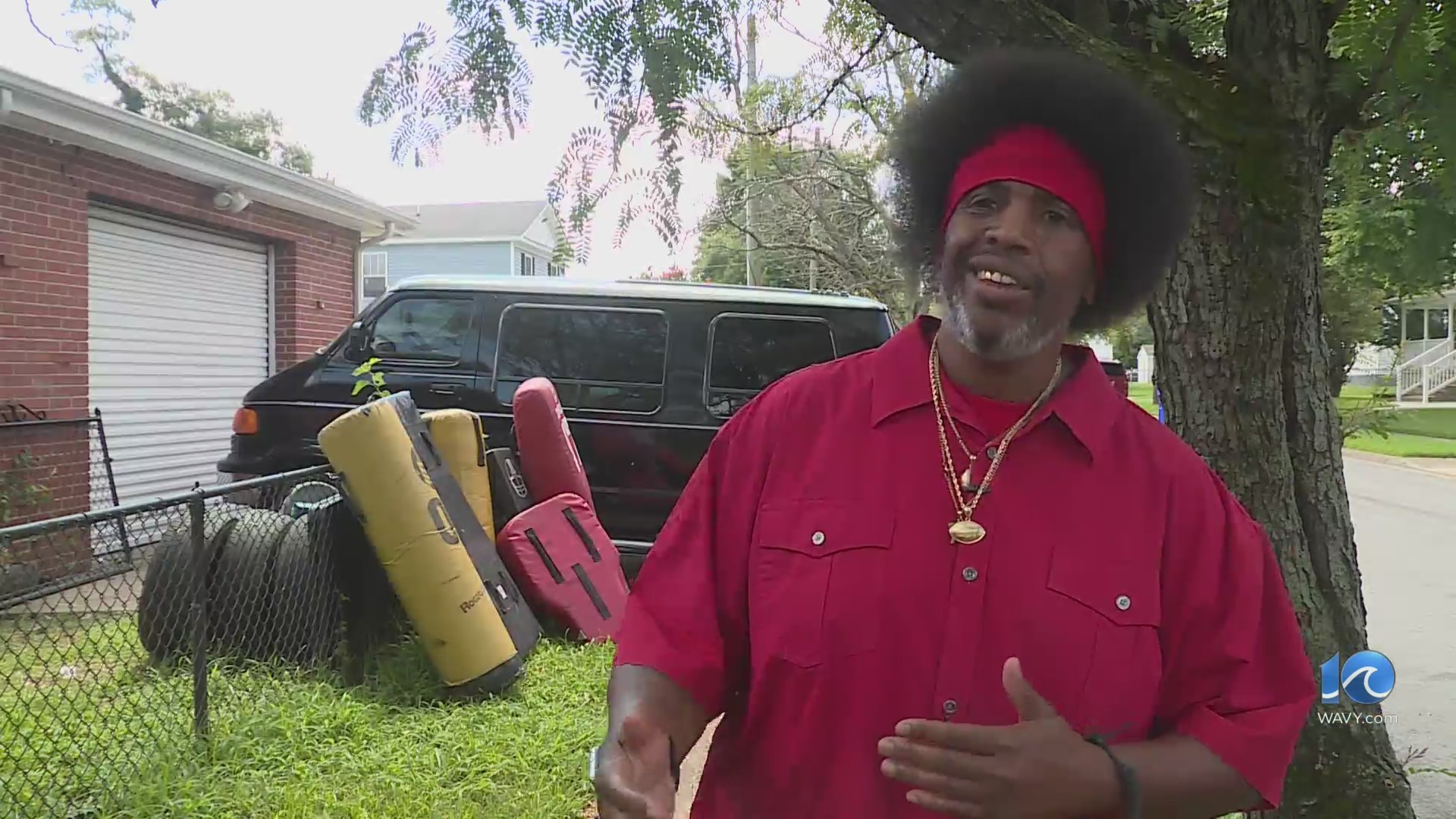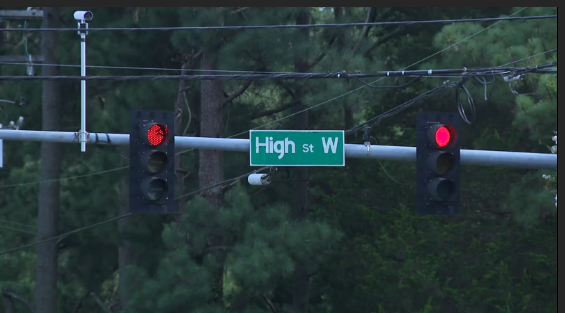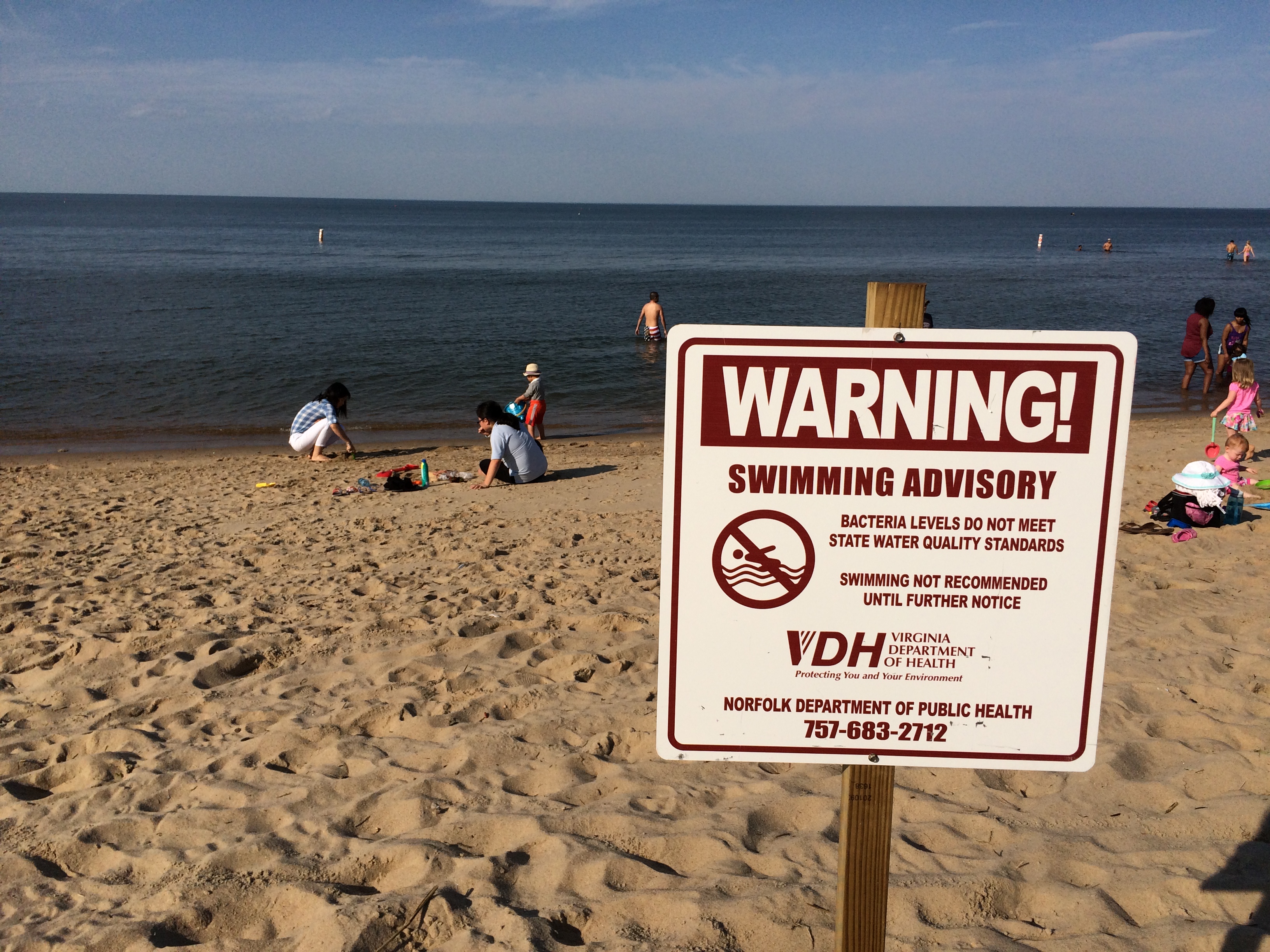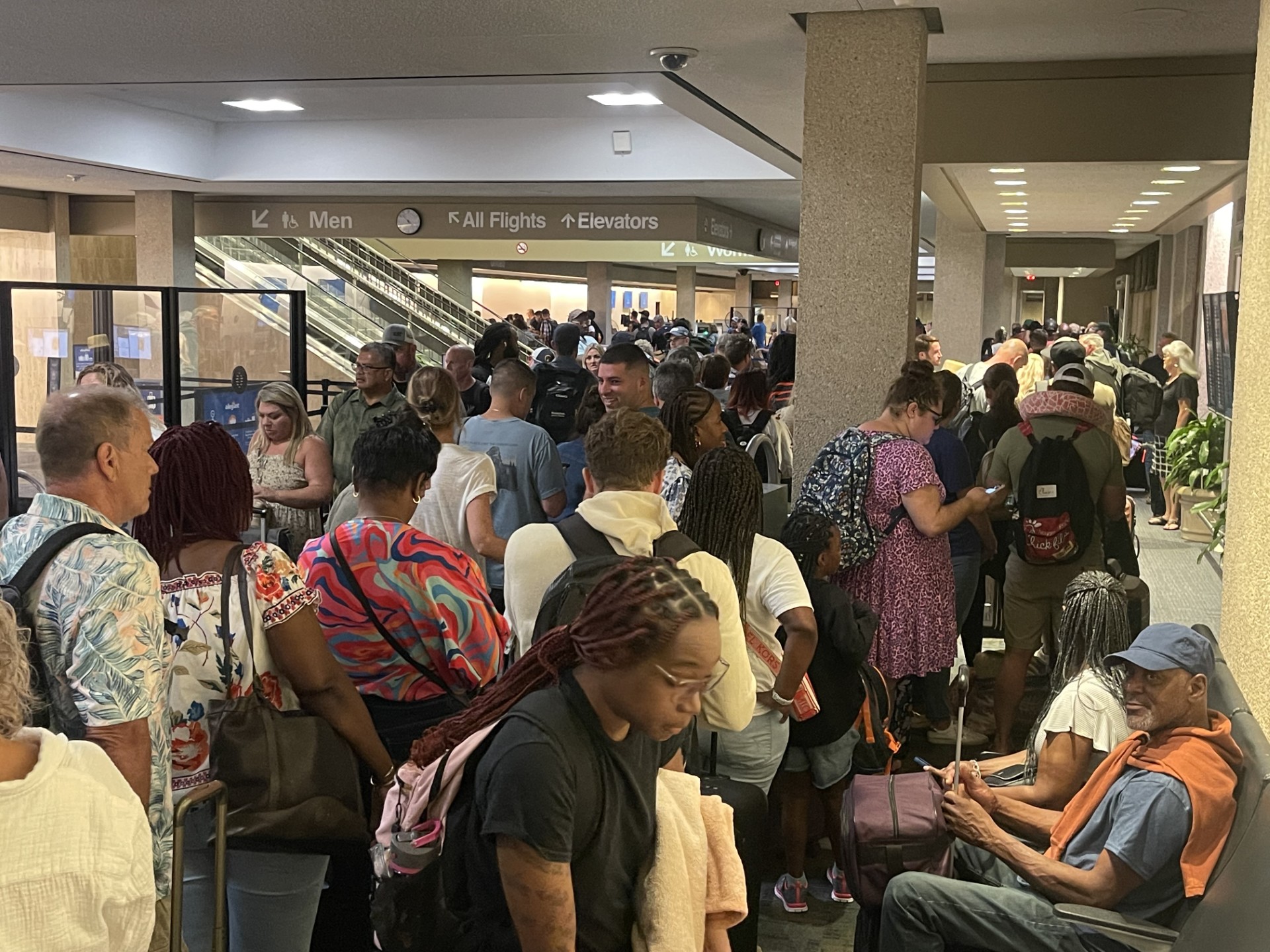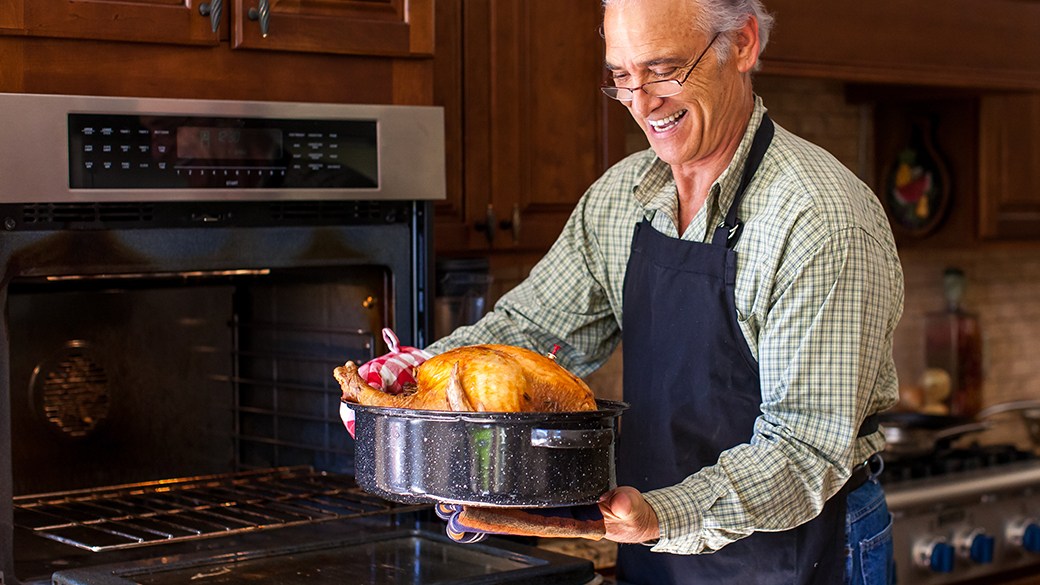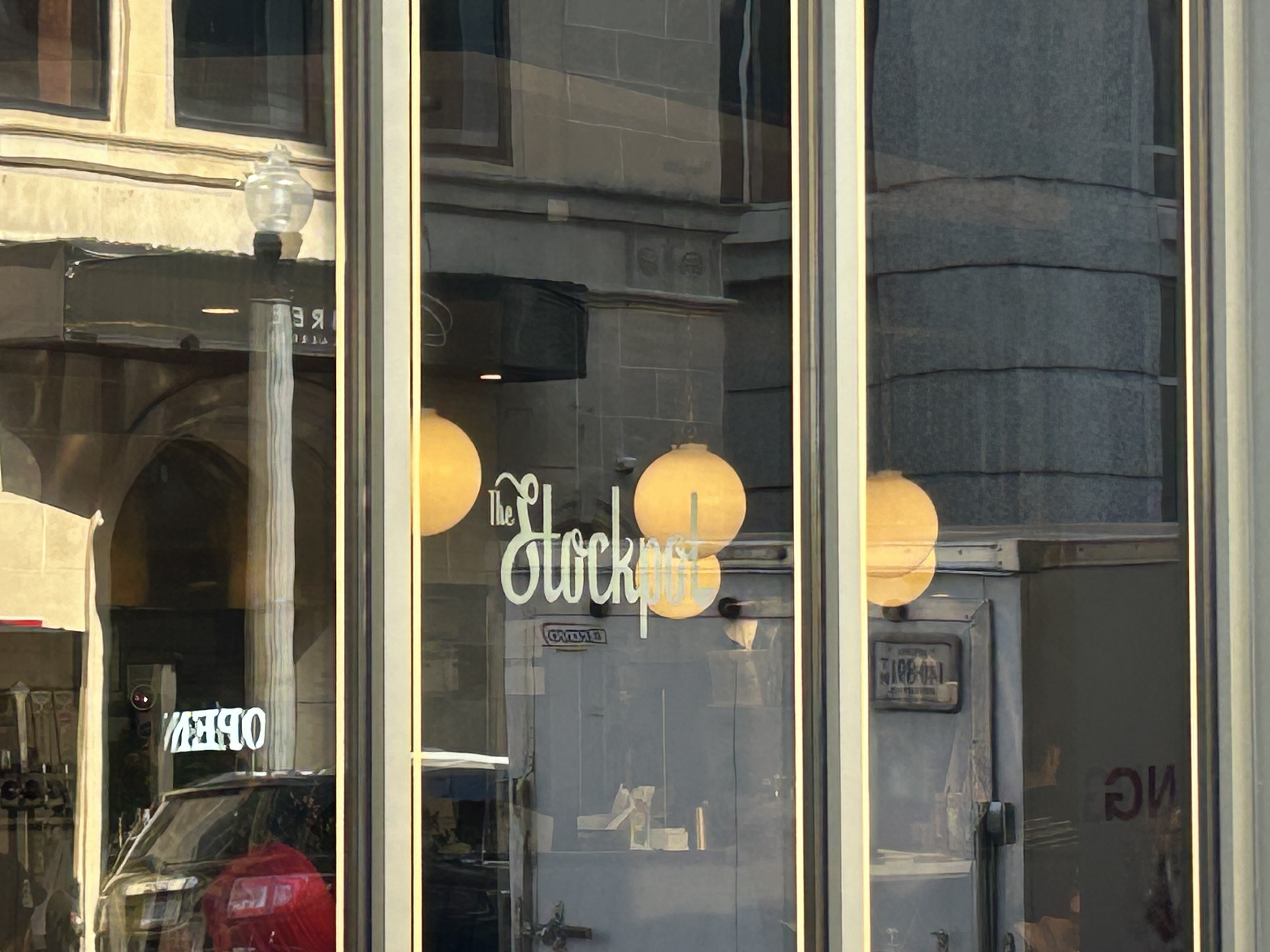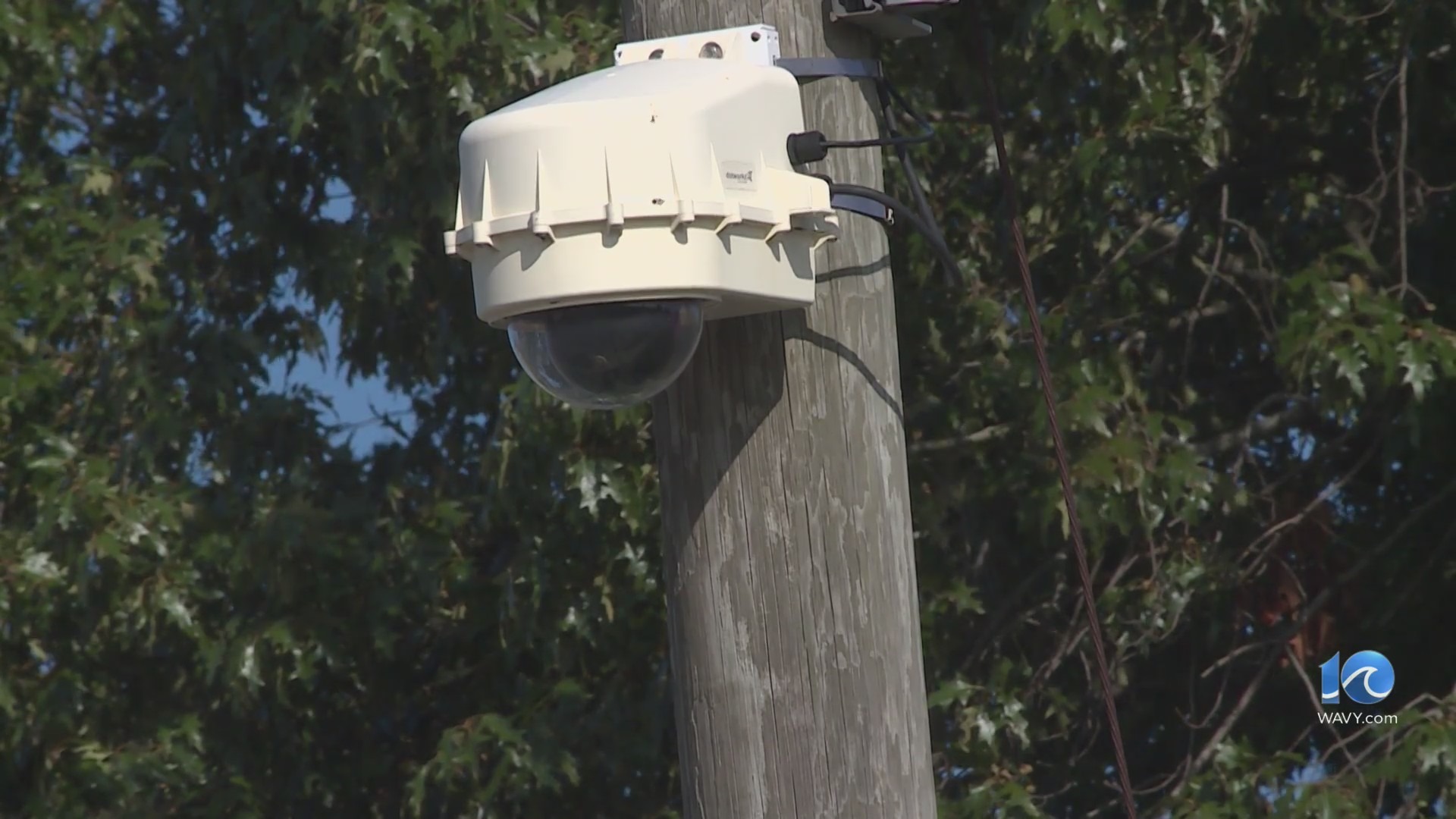Andria McClellan is a Democratic candidate for Virginia Lieutenant Governor. Her name will appear on the ballot on June 8 during the Democratic Party primary election.
Name: Andria McClellan
Race: Lieutenant Governor
Party: Democratic
Website: andriaforvirginia.com
Biography: Andria McClellan was raised in Virginia Beach by her single mom who juggled multiple jobs to make ends meet. She worked her way through college with a combination of Pell grants and work-study jobs, and after graduating, worked for two Fortune 500 companies and ran two small businesses.
After returning to Hampton Roads to raise her family, Andria saw too many families struggling as her mom had and decided to get involved. She served in leadership roles with non-profits to find resources to help victims of domestic violence, homeless families and individuals who had been recently incarcerated learn job skills. In May of 2016, Andria unseated a 16-year incumbent for the Norfolk City Council, running on a platform focused on the future, innovation, and access.
On Norfolk City Council, Andria has brought more frequent, reliable bus routes to the region and the first all-electric transit buses in the Commonwealth; wrote the region’s first Climate Action Plan and helped to secure $120 million to address sea level rise in Norfolk; stood up the regional authority which will bring more affordable, high speed internet to a million students, seniors, working families and small businesses; and is working to ensure more affordable housing options as co-chair of Norfolk’s Social Equity and Economic Opportunity Commission.
Whether in her role on Norfolk City Council, or in her regional leadership positions with Hampton Roads Planning District Commission, Hampton Roads Transit, CIVIC Leadership Institute, WHRO, Southside Network Authority, 757 Accelerate or 757 Angels, Andria has been working to increase access in Hampton Roads and throughout the Commonwealth. Now, Andria is running for Lieutenant Governor because thousands of parents, just like her mother, are struggling to make ends meet. Andria wants to ensure Virginians who have been counted out and pushed aside have access to the opportunities and resources they need to succeed.
Why should Virginians elect you as Lieutenant Governor?
I’m running for Lieutenant Governor to continue our work of expanding access to opportunity and breaking down barriers for all Virginians who are struggling to get ahead. I know what it’s like to be there. I was raised by a single mom who juggled multiple jobs to make ends meet. My family had no money for my college tuition, but thanks to scholarships, Pell grants, and four years of work study jobs, I was able to graduate from the University of Virginia.
After graduation, I worked for two Fortune 500 companies, attended the Wharton School of the University of Pennsylvania and ran two small businesses.
When my husband and I returned to Hampton Roads to be closer to my mother and his parents as we started to have children of our own, I saw too many families also struggling as my mom had, and I decided to get involved. I served in leadership roles with amazing non-profits to find resources to help victims of domestic violence, homeless families and individuals who had been recently incarcerated learn job skills. In May of 2016, I unseated a 16-year incumbent for the Norfolk City Council, when I ran on a platform focused on the future, innovation, access and regionalism.
Virginians should support me for Lieutenant Governor because of my commitment to community and to solving problems through policy. I have a proven track record of building coalitions and getting things done. In addition to my role on the Norfolk City Council, I serve as chair of the Hampton Roads Planning District Commission, representing all 17 municipalities of Hampton Roads, as well as vice chair of Hampton Roads Transit and the Southside Network Authority.
When elected, I will use my local government experience, my business knowledge and my community engagement skills to ensure we are serving the needs of Virginians and building a stronger, more equitable and more resilient Commonwealth for all.
What do you hope to accomplish, if elected?
As Lieutenant Governor, my top priorities would include ensuring access to affordable, high-speed internet to every part of Virginia; addressing the climate crisis and working to mitigate flooding in coastal Virginia, which is experiencing sea level rise, and inland communities, which have seen unprecedented rain events that overflow rivers and stormwater systems; and creating more jobs by providing better access to capital for small businesses and supporting our community colleges and workforce training to ensure Virginians have the right skills for the quality, good paying jobs of today and tomorrow.
What is the most important legislative issue facing Virginia, and what is your position on it?
A lack of access to opportunity and economic inequality are one of the greatest issues facing Virginians. I plan to tackle these issues in three ways: ensuring reliable, affordable high-speed internet access for all to bridge the digital divide; supporting small businesses, especially women and minority-owned businesses and growing workforce development programs; and creating more opportunities for workforce training for Virginians to be trained and up-skilled to take advantage of the jobs of today and tomorrow.
First, affordable, high-speed internet is critical to every Virginian for work, education, healthcare, and running a business. This pandemic has shown that the digital divide has now become a chasm which is very real and ever growing. If we want to address economic inequality, we need to ensure that all Virginians can get online.
Second, as a former entrepreneur, I know that small businesses drive our economy, create jobs, and generate wealth. As Lieutenant Governor, I want to work to empower our small businesses so we can come back stronger than ever from COVID-19. To build a stronger economy and a more dynamic Commonwealth we need to go beyond addressing access to capital; programs like mentoring, marketing support and a host of other robust services will ensure Virginians can build their dreams into a business that creates jobs and empowers communities.
Third, we need to prepare our workforce for the new jobs that are being created in our Commonwealth, especially in technology and the green economy. After my dad left, my mother had to figure out how to make ends meet for my brother and me. She took classes at our local community college and was able to get a job. I want all families to have access to quality, professional education as my mom had. In Norfolk, I worked with Centura College to expand their electrical and building trades program to include offshore wind and solar training. This program will train local residents for the hundreds of new jobs coming to the Hampton Roads region because of Virginia’s efforts to expand access to clean, renewable energy sources.
What is your position on Virginia’s overall response to the coronavirus pandemic, and what might you have done differently?
I am grateful to live in a Commonwealth with leadership that values keeping Virginians safe. I am happy to see the Commonwealth recently turned a corner in vaccine distribution, now ranking fourth nationwide in overall vaccine distribution. I’ve had the opportunity to speak with the Governor and his staff and offer insights from the local government perspective and how we can improve efforts at the local level. This is why it’s so important to have someone with local government experience in Richmond who can understand what’s happening on Main Street and bring that perspective to the statewide level.
What are the top three issues created by the coronavirus pandemic in Virginia, and how would you plan to address them?
Affordable, reliable, high-speed internet is critical to every Virginian for work, education, healthcare, and running a business. This pandemic has shown that the digital divide is very real and ever growing. Communities of color and rural areas are falling behind at faster rates on access to affordable broadband, and we simply cannot allow these disparities to persist. If we want to address economic inequality, we need to ensure that all Virginians can get online.
My goal is to make Virginia the most connected state in the nation by leading an Internet Access for All Task Force made up of stakeholders from across the commonwealth to accelerate current efforts, identify best practices from other states, pilot new technologies and find new funding mechanisms and consider municipal financing options.
As Lieutenant Governor, I will connect all Virginia students and eliminate the “homework gap” and the growing digital divide, ensuring all students have access to affordable, high-speed internet; appropriate devices and digital-literacy skills; and, increase access to professional development for teachers to ensure they have the knowledge and tools to teach in a remote environment. I will also support the expansion of a statewide broadband team to include administration representatives from Commerce, Virginia Economic Development Partnership, Housing, Emergency Management, Education, Health, Agriculture, Diversity and Transportation. Finally, I will ensure our agriculture community is connected to broadband to provide access to advanced agriculture technologies and improve crop output.
Second, the economic crisis caused by the pandemic has seriously affected small and local businesses, many of whom have unfortunately had to shutter over the last year. As a former entrepreneur and a current mentor for small business owners, I understand the challenges that the COVID-19 pandemic has created for small business owners and entrepreneurs. As Lieutenant Governor, I want to work to empower our small businesses so we can come back stronger than ever from COVID-19. To build a stronger economy and a more dynamic commonwealth we need to go beyond addressing access to capital; programs like mentoring, marketing support and a host of other robust services will ensure Virginians can build their dreams into a business that creates jobs and empowers communities.
Third, there are exacerbated disparities in healthcare for Americans. Americans of color being disproportionately affected by COVID-19, and we must work to address equity in our health care system across the board. This health crisis has wreaked havoc on black and brown communities across Virginia. In order to address this devastation and its repercussions we must expand access to affordable health care, which I firmly believe is a human right. I support efforts to ensure that public health insurance is accessible and affordable to all who want it. This means increasing access to Medicaid plans, working to reduce the out-of-pocket cost associated with private health insurance, lowering the cost of prescription drugs, and reworking subsidies to make insurance more affordable for Virginia families.





























